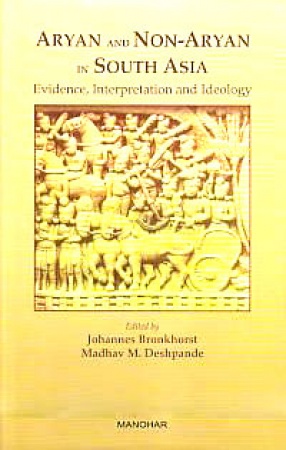
Johannes Bronkhorst

Showing all 9 books

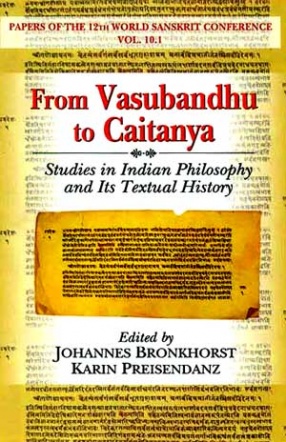
The chapter in this volume are a selection of papers presented in the general Philosophy Section at the 12th World Sanskrit Conference in Helsinki, Finland. The first part of the book, Studies in Indian Philosophy, contains nine studies on individual topics and concepts in Indian philosophy from various perspectives: historical-philological, philosophical and comparative. They are inter alia concerned with such fundamental issues as the characteristic signs of ...
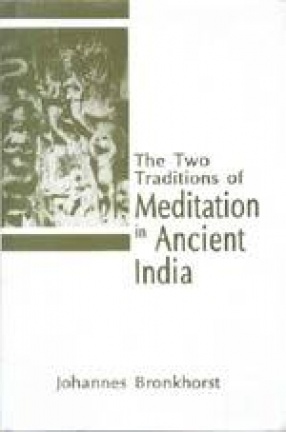
This book elucidates the early Buddhist teachings and beliefs concerning meditation and its role in the process to liberation. In a number of cases, the Buddhist canonical texts reject practices which they accept elsewhere. When these practices - sometimes rejected, sometimes accepted - correspond to what is known about non-Buddhist practices, the conclusion is then proposed that they are non-Buddhist texts. A similar procedure enables one to choose between ...
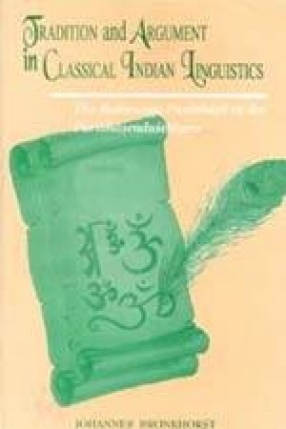
The Paribhasendusekhara by Nagesa (or Nagojibhatta)is the most widely studied text in the field of grammatical Paribhasa. Numerous commentaries have been written on it, including one by Nagesa’s pupil, Vaidyanath Payagunda. In addition, an excellent English translation was published more than a century ago by one of the most outstanding scholars of Sanskrit grammar, Franz Kielhorn. Yet the portion dealing with the Bahiranga Paribhasa, i.e. the most important ...
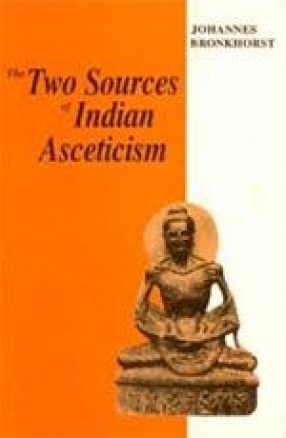
This book argues that the Indian ascetic traditions have two independent sources, the one Vedic, the other non-Vedic. This point of view has been expressed here and there in the scholarly literature, but it has never yet been argued in detail on the basis of textual evidence. The primary evidence is as follows: Early Indian literature – primarily the Epics, Buddhist and Jaina literature – explicitly differentiates between two ...
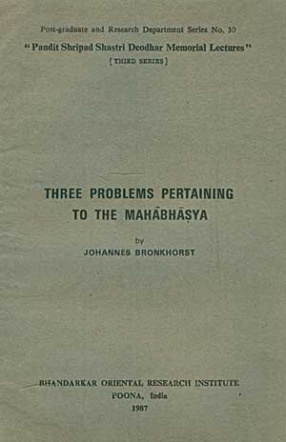
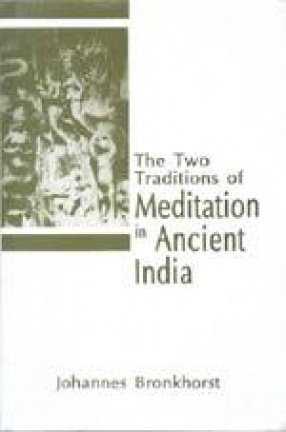
This book elucidates the early Buddhist teachings and beliefs concerning meditation and its role in the process to liberation. In a number of cases, the Buddhist canonical texts reject practices which they accept elsewhere. When these practices - sometimes rejected, sometimes accepted - correspond to what is known about non-Buddhist practices, the conclusion is then proposed that they are non-Buddhist texts. A similar procedure enables one to choose between ...
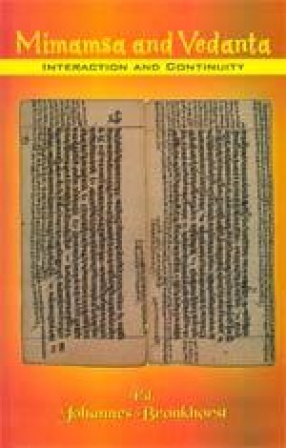
The second half of the first millennium witnessed various important developments in Indian thought. Among these, the increasingly active participation in philosophical debates of those who maintained that everything worth knowing is found in the Veda is particularly striking. Vedanta established itself as an independent school of thought during this period, ready to defend its positions against other schools, whether Brahmanical or non-Brahmanical. More or less ...
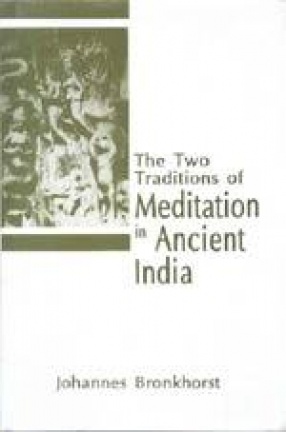
This book elucidates the early Buddhist teachings and beliefs concerning meditation and its role in the process to liberation. In a number of cases, the Buddhist canonical texts reject practices which they accept elsewhere. When these practices - sometimes rejected, sometimes accepted - correspond to what is known about non-Buddhist practices, the conclusion is then proposed that they are non-Buddhist texts. A similar procedure enables one to choose between ...
